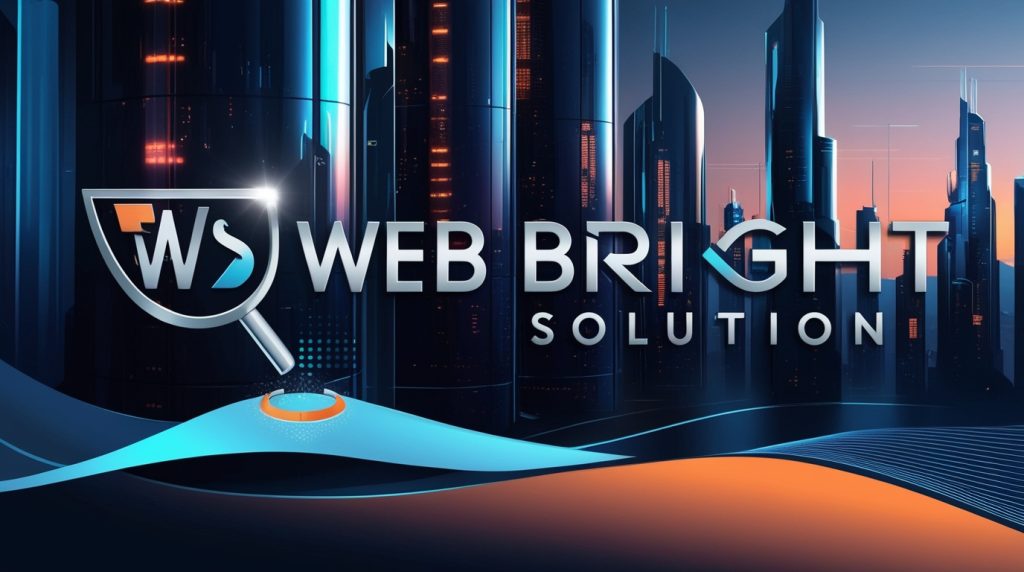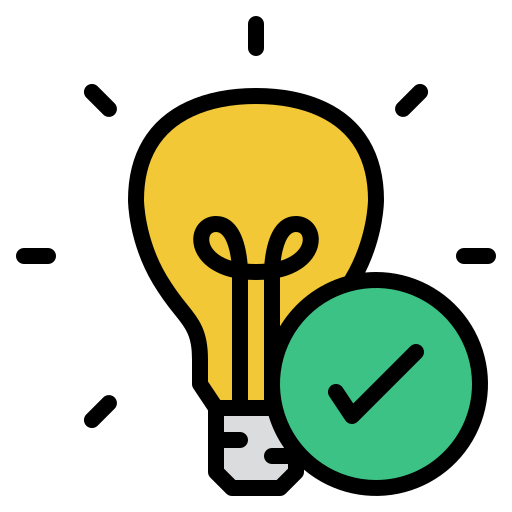Effective Search Engine Marketing Techniques Explained
Search engine marketing (SEM) is like navigating a maze of jargon, strategies, and never-ending updates. But mastering this essential tool can be a game-changer for marketing professionals, small business owners, and SEO enthusiasts. SEM allows businesses to reach their target audience, drive traffic, and increase conversions effectively.
This blog will walk you through the ins and outs of SEM, providing actionable techniques tailored for small businesses with limited budgets. We’ll cover step-by-step strategies, real-world examples, and tips to make your SEM campaigns successful, sustainable, and budget-friendly. Whether you’re just getting started or looking to refine your paid ads marketing strategy, this guide has you covered.

Understanding Search Engine Marketing
SEM is a digital marketing strategy focused on improving visibility on search engine results pages (SERPs). While SEO (search engine optimization) focuses on earning organic rankings, SEM combines paid advertising with strategic optimization to ensure your business gets seen by the right audience at the right time.
Components of SEM
- Paid Search Ads – Ads appear at the top of SERPs when users search for specific keywords.
- Pay-Per-Click (PPC) – A payment model where advertisers pay only when users click on their ads.
- Ad Auction Systems – Search engines like Google use algorithms to decide which ads appear based on relevancy and bidding.
With SEM, you don’t wait for SEO rankings to kick in; instead, you actively drive traffic to your website while staying competitive.


Set Clear SMART Goals for Your SEM Campaign
Before launching an SEM campaign, defining specific, measurable, achievable, relevant, and time-bound (SMART) goals is crucial. Here’s how you can apply this framework to SEM:
- Specific: Generate 200 qualified leads through paid ads within a month.
- Measurable: Use Google Analytics or dashboard reports to track ad performance.
- Achievable: Start with a campaign budget that fits your resources (e.g., $500 per month).
- Relevant: Align SEM objectives with broader business goals (e.g., increase sales of a specific product).
- Time-Bound: Aim to achieve results within a specific timeframe, like 30 or 60 days.
Conducting Effective Keyword Research
Keywords are the foundation of SEM. They connect your ads to the audience searching for your product or service.
Tools for Keyword Research
- Google Keyword Planner
- SEMrush
- Ahrefs
- Ubersuggest
Actionable Steps
- Brainstorm Search Terms: Think about what your customers would type to find your business.
- Target Long-tail Keywords: Terms like “affordable web design for small businesses” have lower competition and higher intent.
- Analyze Competitors: Use tools like SEMrush to examine which keywords your competitors are bidding on.
Budget Allocation for Small Businesses
Small businesses must take a careful approach to budgeting. You don’t need a massive budget to succeed with SEM, but smart allocation is essential.
- Set Daily Limits: Platforms like Google Ads allow you to set limits, ensuring you don’t overspend.
- Focus on High ROI Keywords: Invest in keywords that directly drive sales or conversions.
- Test Ad Variants: Use A/B testing to allocate your budget toward the best-performing ads.
Choosing the Right Paid Ad Platforms
Each platform has its strengths. Here’s a quick comparison:
- Google Ads: Ideal for broad, high-intent audience targeting.
- Microsoft (Bing) Ads: Often underutilized but offer lower competition.
- Social Media Ads (like Facebook or LinkedIn): Great for retargeting and reaching niche audiences.
Crafting Compelling Ad Copy
What separates a mediocre ad from a high-performing one? Great copy.
Tips for Great Ad Copy
- Highlight Benefits: Instead of focusing on your product’s features, showcase how it solves the user’s problem.
- Include a Call-to-Action (CTA): Use phrases like “Try now,” “Start your free trial,” or “Learn more.”
- Leverage Numbers: Statistics like “Save 20%” or “Increase leads by 50%” are compelling.
Optimizing Your Landing Pages
Driving traffic to your website is only half the battle. A well-optimized landing page turns clicks into conversions.
Key Elements of a High-Converting Landing Page
- Clear Headline: Communicate the value of your offer.
- Strong CTA: Use actionable, visible buttons like “Download Now.”
- Fast Loading Speed: Ensure pages load in under 3 seconds.
- Trust Signals: Include customer reviews, testimonials, or certifications.
Tracking Success with Analytics
Tracking key performance indicators (KPIs) is the only way to know if your SEM campaign is working.
Important Metrics to Monitor
- Click-Through Rate (CTR)
- Cost-Per-Click (CPC)
- Conversion Rate
- Quality Score
Leveraging AI-Powered SEM Tools
AI is revolutionizing SEM by automating repetitive tasks and optimizing campaign performance.
Recommended AI Tools
- Google Ads Smart Bidding: Uses machine learning to adjust bids.
- WordStream Advisor: Simplifies campaign management.
- Adzooma: Monitors performance across multiple platforms.
Real-World SEM Case Studies
- E-commerce Boutique
Objective: Increase sales during a seasonal promotion.
Result: A $300 budget for Google Ads delivered $5,000 in sales.
- Local Gym
Objective: Attract new members.
Result: PPC ads boosted enrollment by 25% within 60 days.
Building Sustainable & Ethical SEM Practices
Short-term wins are great, but sustainable strategies ensure long-term success. Avoid clickbait and misleading ads, and always prioritize transparency.

Start Your SEM Campaign Today!
SEM opens the door to significant growth for those on a tight budget. By combining strategic planning, compelling ad creation, and intelligent analytics, you can create a campaign that drives measurable results.
Need help? Our experts at Web Bright Solution specialize in launching and optimizing SEM campaigns for businesses like yours. Start driving results today!
Get Start For Free No Credit Card Required
- FAQ
What is Search Engine Marketing (SEM), and how does it differ from SEO?
SEM involves paid ads to increase website visibility, while SEO focuses on organic rankings through optimized content.
How much budget do I need to start an SEM campaign for my small business?
Depending on your business goals, you can start with as little as $300–$500 per month.
What are the most important metrics to track in an SEM campaign?
CTR, CPC, conversion rate, and Quality Score are key metrics for monitoring success.
How often should I optimize my SEM campaigns for better results?
Frequent optimization (every 1–2 weeks) is recommended, especially in the initial stages.
Can I run an SEM campaign, or should I hire an agency?
Small campaigns can be managed independently, but working with an experienced agency can boost efficiency and ROI.
How do I target the right audience for my ads on Google and Bing?
Use thorough keyword research, demographic targeting, and retargeting to reach your ideal audience.
What are the key elements of a high-converting landing page?
Strong CTAs, clear headlines, fast loading speeds, and trust signals like reviews and certifications.
